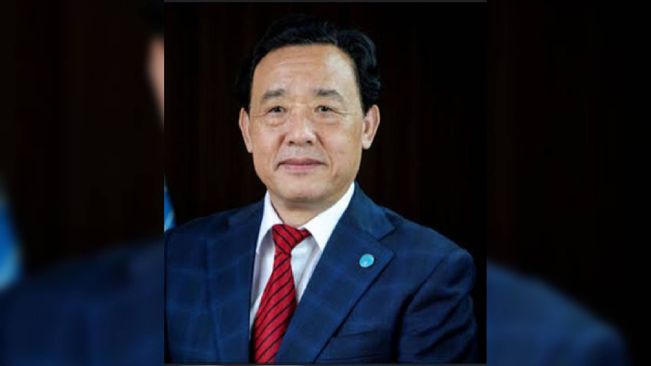The Global Alliance Against Hunger and Poverty, an initiative crafted by the Brazilian presidency of the G20, aims to offer an ambitious and urgent platform for accelerating progress towards achieving the international pledges of eradicating poverty and hunger by 2030 (Sustainable Development Goals 1 and 2) as well as to reduce inequalities (SDG 10).
Speaking at a special session of the G20 Summit on the Fight against Hunger and Poverty, Qu on Monday commended the government of Brazil and President Luiz Inácio Lula da Silva for his personal commitment to bringing hunger, poverty and inequality reduction to the centre of the G20 discussions, with a concrete initiative and actions to support it.
“Achieving zero hunger is possible,” Qu Dongyu said. “It requires even stronger collective efforts and strategies to address the economic, environmental, social and institutional challenges that perpetuate poverty and hunger,” he added.
FAO joined the Global Alliance as a founding member along with other UN agencies, governments, international financial institutions philanthropic foundations and knowledge institutions.
Qu highlighted that FAO will host the Support Mechanism of the Global Alliance from the Organisation’s headquarters in Rome, in close collaboration with other UN agencies and international financial institutions. The enabling mechanism aims to help optimise the three pillars -- knowledge, finance and action -- at the country level.
The FAO Director-General noted that the fundamental principle at the heart of the Global Alliance is the power of collective action to support the implementation of evidence-based policy instruments and to support efficiencies and complementarities in coordinated financing for real, measurable progress at the country level to eradicate hunger and poverty.
FAO will provide technical assistance to implementing countries, putting its considerable comparative advantage in knowledge about food security and inclusive rural development at their disposal, with the goal of bringing knowledge, expertise and best-practice examples to the parts of the world where they are most needed.
The alliance will have a policy basket that brings together successful policies that have achieved an impact at scale on eradication poverty and hunger. FAO has contributed extensively to most of the 50 policy instruments identified so far, which range from cash transfer and job guarantee schemes to ways to ensure inclusive finance and credit, so smallholder farmers can access climate-smart technologies, for example.
The Global Alliance entails six “sprints,” which are seen as high-impact areas for early action. They include school meals; cash transfers; smallholder and family farming support programmes; socio-economic inclusion programmes; integrated maternal and early childhood interventions; and water access solutions.
FAO, for example, intends to leverage 128 current programme interventions supporting small-scale producers across all regions to support one of the Global Alliance’s “sprint” channels to support smallholder farmers.
--IANS
Read More International News















